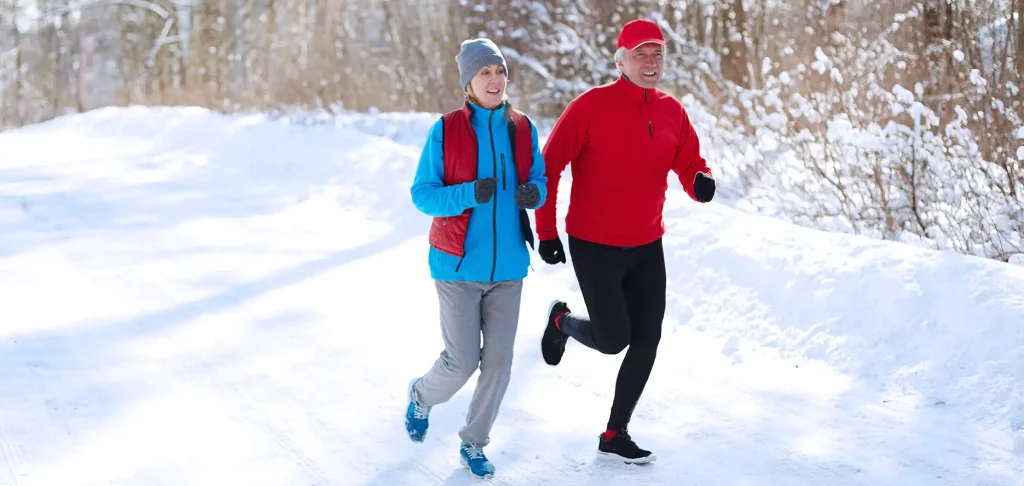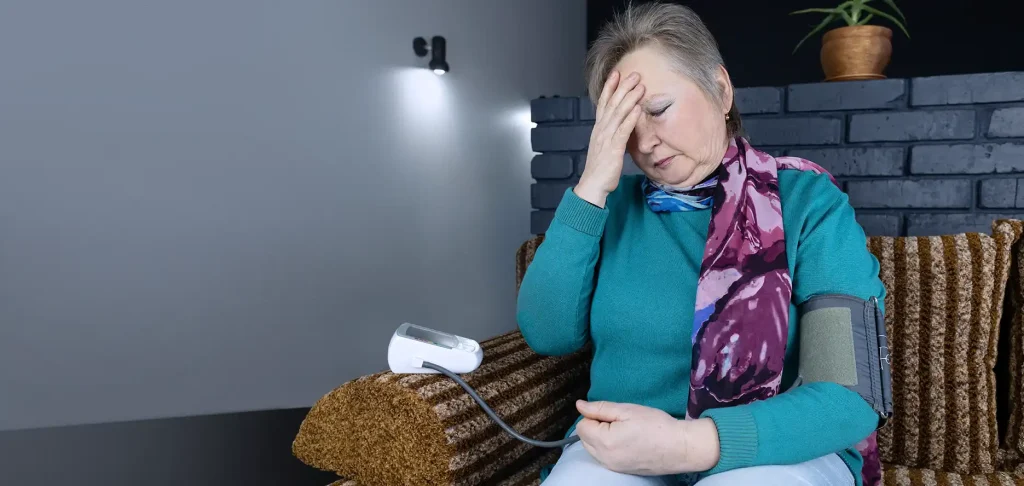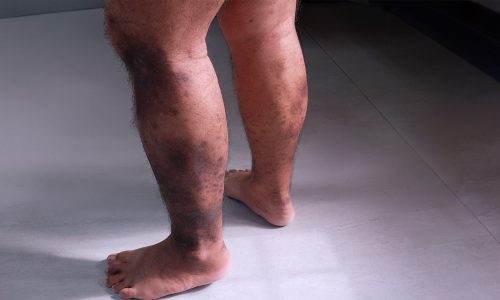Heart experts say winter isn’t just tough on your skin, it can be tough on your heart too. In fact, research shows heart attack cases can climb by over 30% when the temperature drops, with the biggest spike happening in the early morning chill.
Even people who seem perfectly healthy can be affected, but for those already living with heart problems, the risk is much higher. Understanding how cold weather stresses your heart and taking a few smart precautions could make all the difference in keeping you safe this winter.
Why Cold Air Strains Your Heart

When cold air hits the body, the vessel walls constrict to retain heat. This phenomenon is known as vasoconstriction: higher blood pressure and more work for the heart in pumping blood.
A little extra work caused by these changes can bring about chest pain or even heart attacks in cases of blocked artery or vulnerable heart muscle. So identifying one’s risks and preparing well for colder days by scheduling cardiological check-ups near me before winter becomes a smart approach.
For people with blocked arteries or weakened heart muscles, this extra workload can trigger chest pain or even a heart attack. That’s why scheduling a check-up with cardiology doctors near me before the winter season is a smart way to assess your risk and prepare for colder days.
The Research Behind Winter Heart Risks
Various researches have established a strong relationship between cold weather and a rise in the rates of heart attacks:
- British Medical Journal Study: Says that the risk of heart attack shoots up considerably within two weeks of major temperature drops.
- American College of Cardiology Report: States that shoveling snow is among the most hazardous winter activities for the heart, especially for people over 55.
- Centers for Disease Control and Prevention (CDC): Says that cold do put one at risk for hypothermia and other cardiovascular conditions, especially old persons.
These findings emphasize the fact that one ought to consider consulting the Best Cardiologists in Goodyear if one intends to do heavy outdoor work or engage in intense winter sports.
Common Triggers for Winter Heart Strain

- Shoveling Snow – It’s not just a winter chore; it’s a workout in freezing air. The heavy lifting combined with the cold can spike your blood pressure and heart rate in seconds.
- Cold-Weather Workouts – Running, skiing, or cycling outside in low temps makes your heart push harder while your blood vessels are narrowed from the cold — a tough combo for your cardiovascular system.
- Sudden Temperature Swings – Stepping from a cozy room straight into icy air can jolt your system, forcing your heart to adjust rapidly.
- Ignoring the Warning Signs – Brushing off chest tightness, unusual fatigue, or shortness of breath could mean missing a serious problem until it’s too late. Listening to your body in winter isn’t optional — it’s essential.
Who Is Most at Risk?

- Anyone can be genuinely tested by winter’s harsh climatic conditions, with certain groups at more risk of being endangered:
- A person with a heart problem or past experience of a heart attack
- Those with high blood pressure and high cholesterol
- Smokers
- People who have crossed the age of sixty-fifth
- Those who are physically inactive almost decided to spend the whole year in rooms devoid of any physical activity
In any case, if you don’t have a history of heart diseases, then extreme cold would still do something to your cardiovascular health. It would be a good idea to pay a preventive visit to cardiology doctors near me before Rusty undertakes any winter activities.
The Best heart care center Arizona can create a personalized plan to keep you active while protecting your heart health during colder months.
When to Seek Emergency Help
Get in touch with Advanced Cardiovascular Center specialists immediately if you experience:
- Sudden shortness of breath
- Fainting or extreme weakness
A follow-up visit with the Best Cardiologists in Goodyear can help determine the cause and prevent future episodes.
Why Specialized Care Matters in Winter
Winter heart risks aren’t just about emergencies — prevention is key. The Best heart care center Arizona offers:
- Advanced diagnostic testing to spot early signs of heart strain
- Cardiac rehab programs tailored for seasonal needs
Final Thought
We cannot avoid cold weather, but we can indeed manage its impacts on heart health. If this winter you are worried about your cardio-health, book an appointment with the Best Cardiologists in Goodyear, or get yourself checked up in the Best heart care center Arizona. The safety of your heart must come first in any season.



